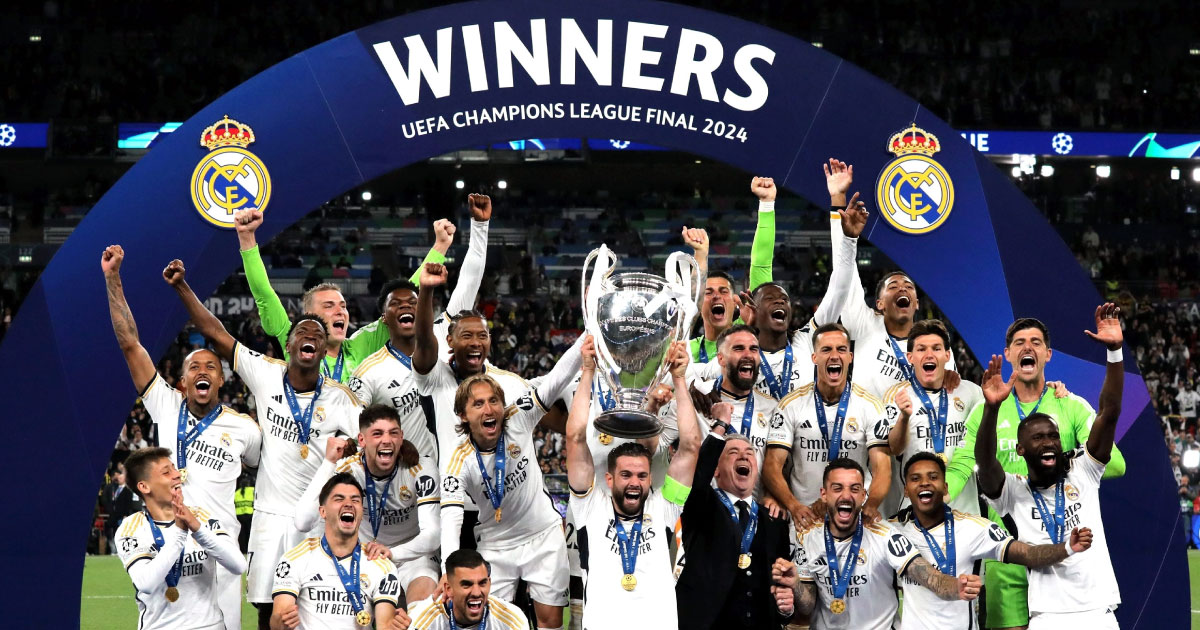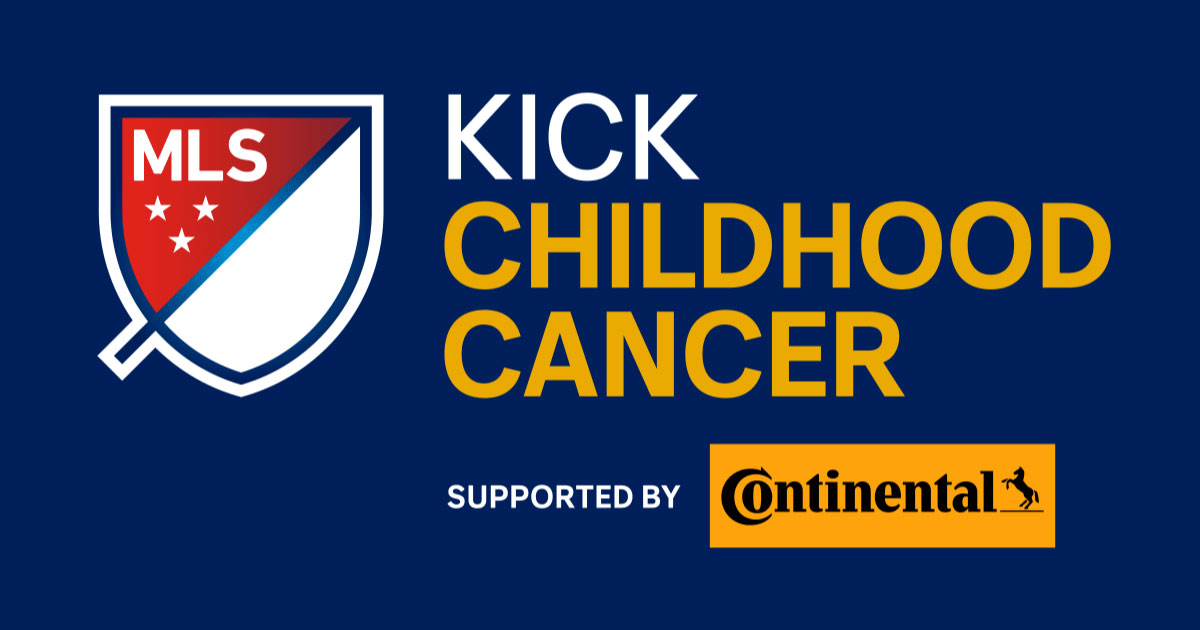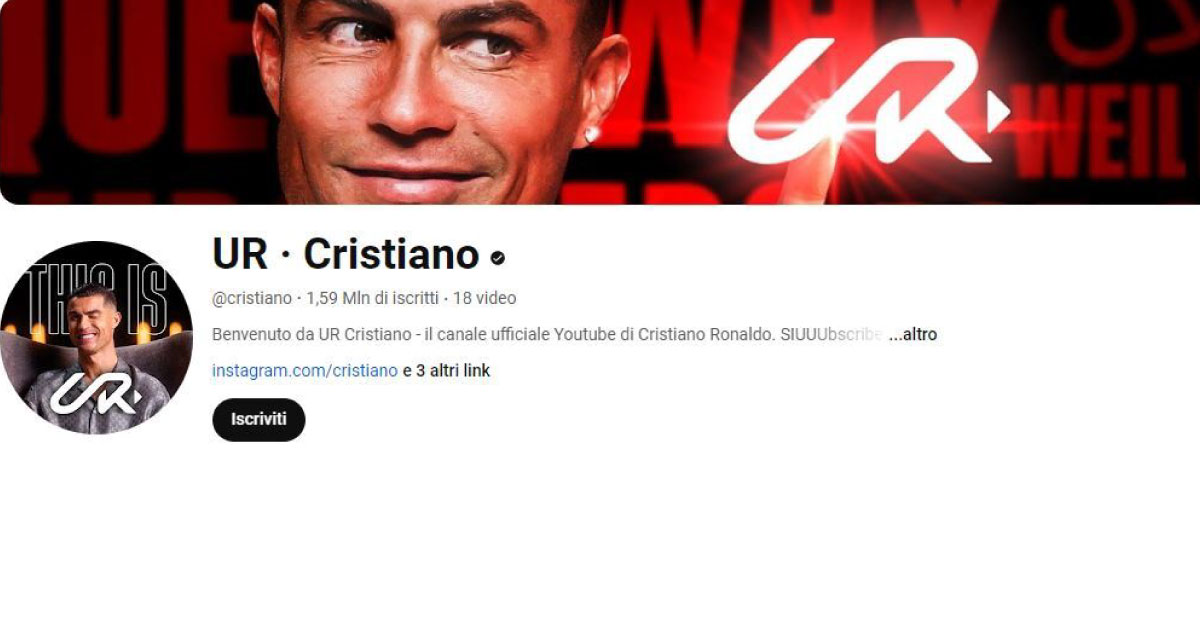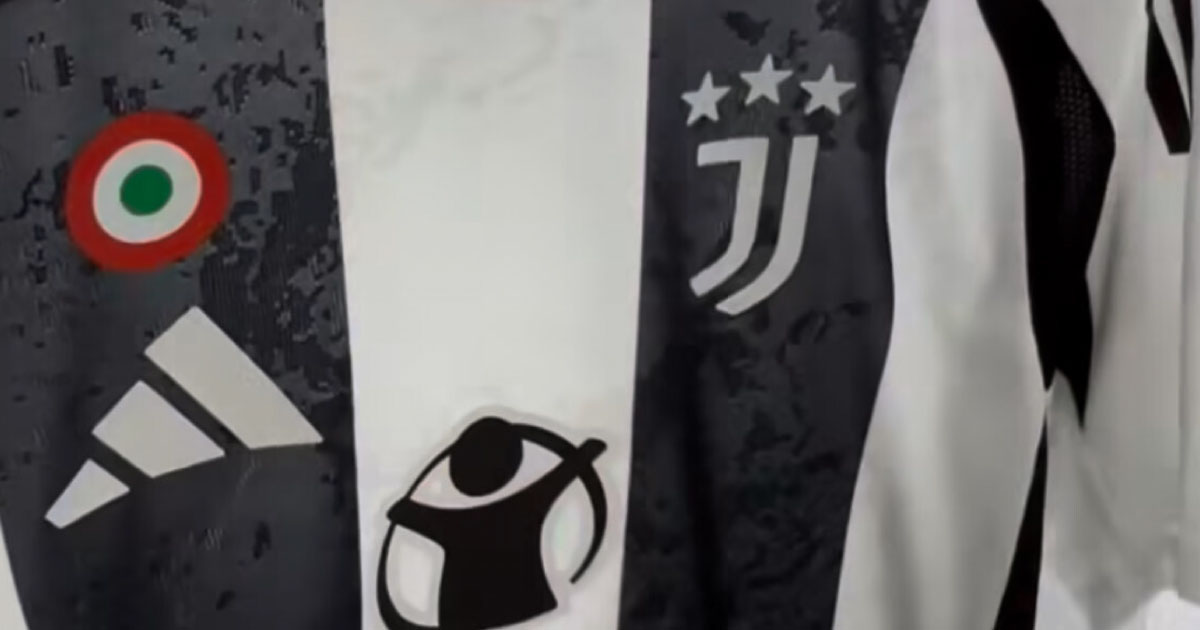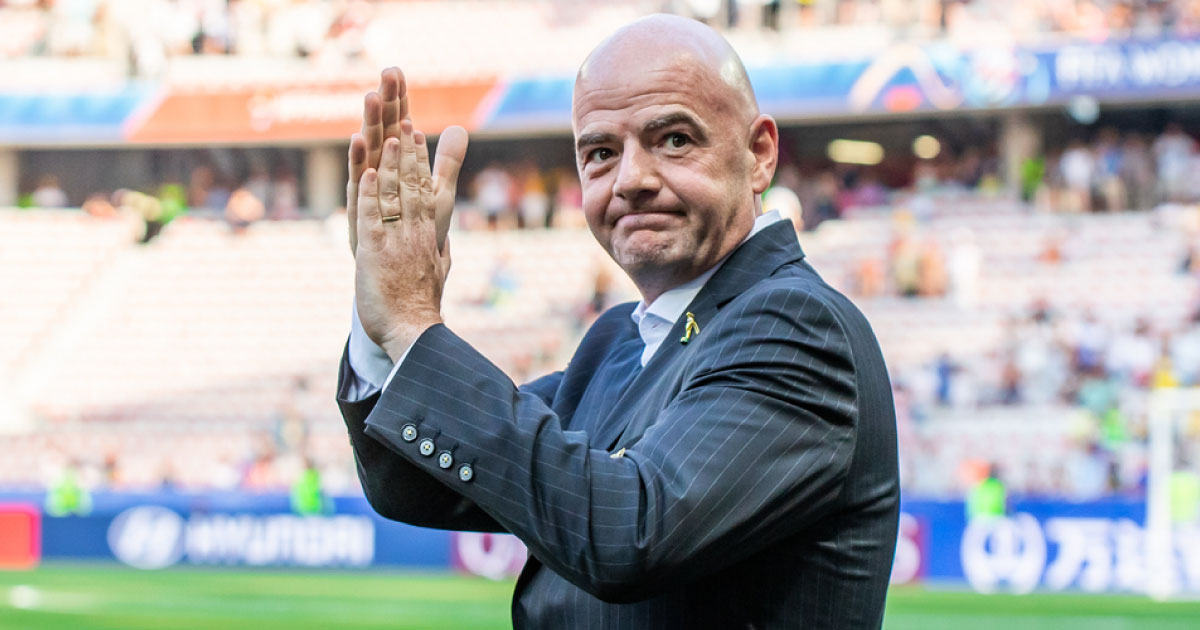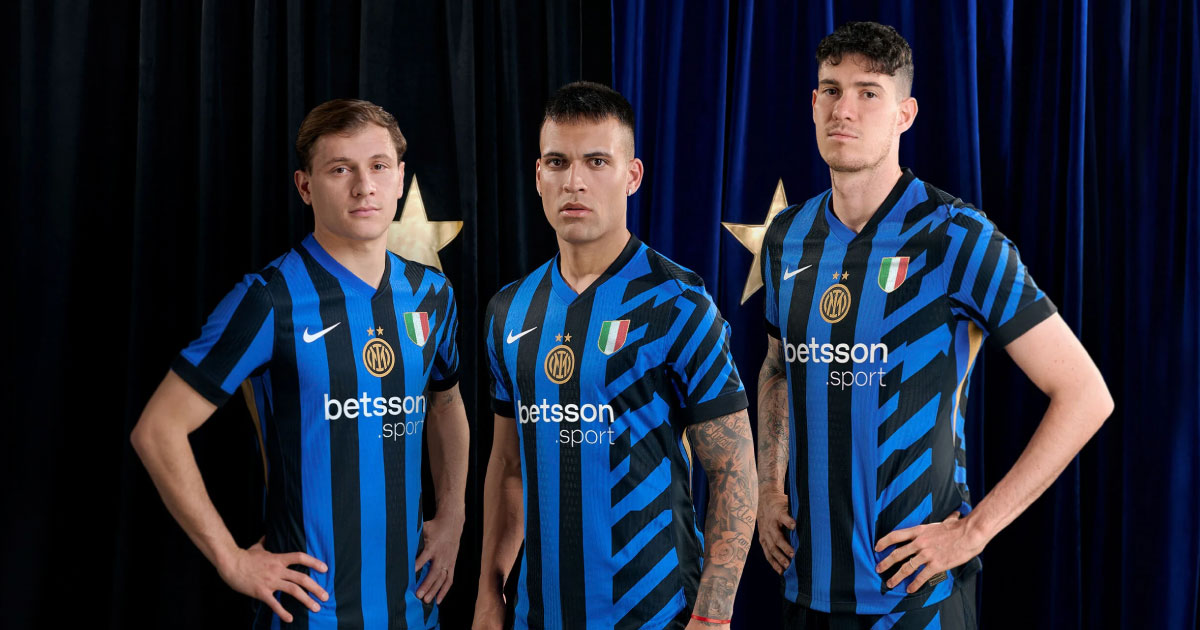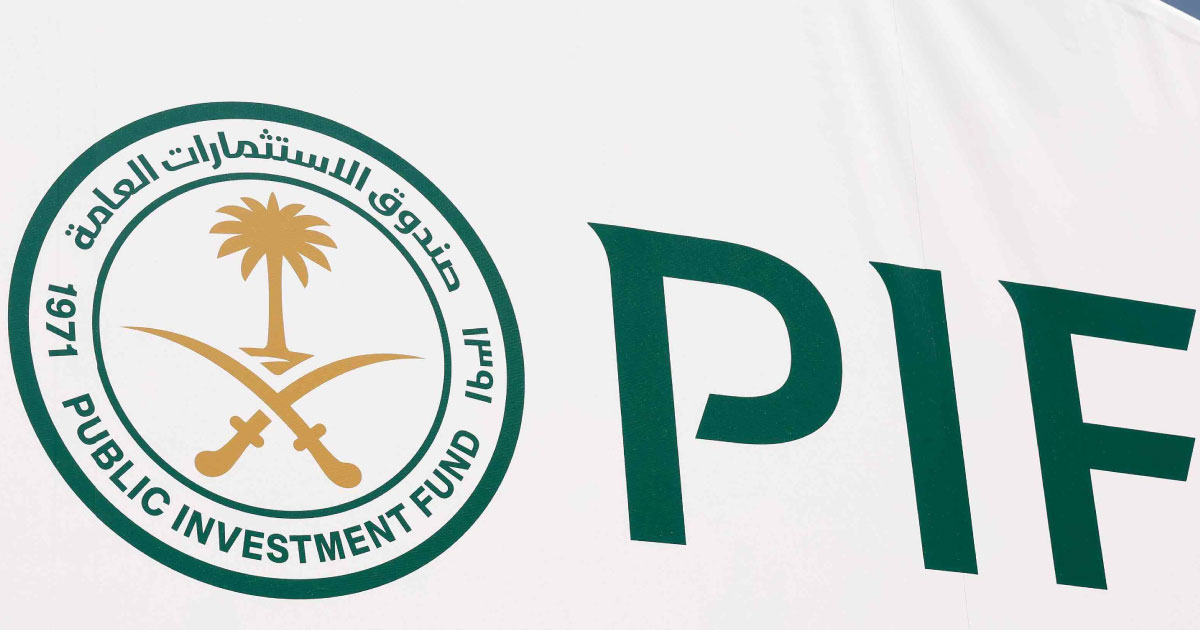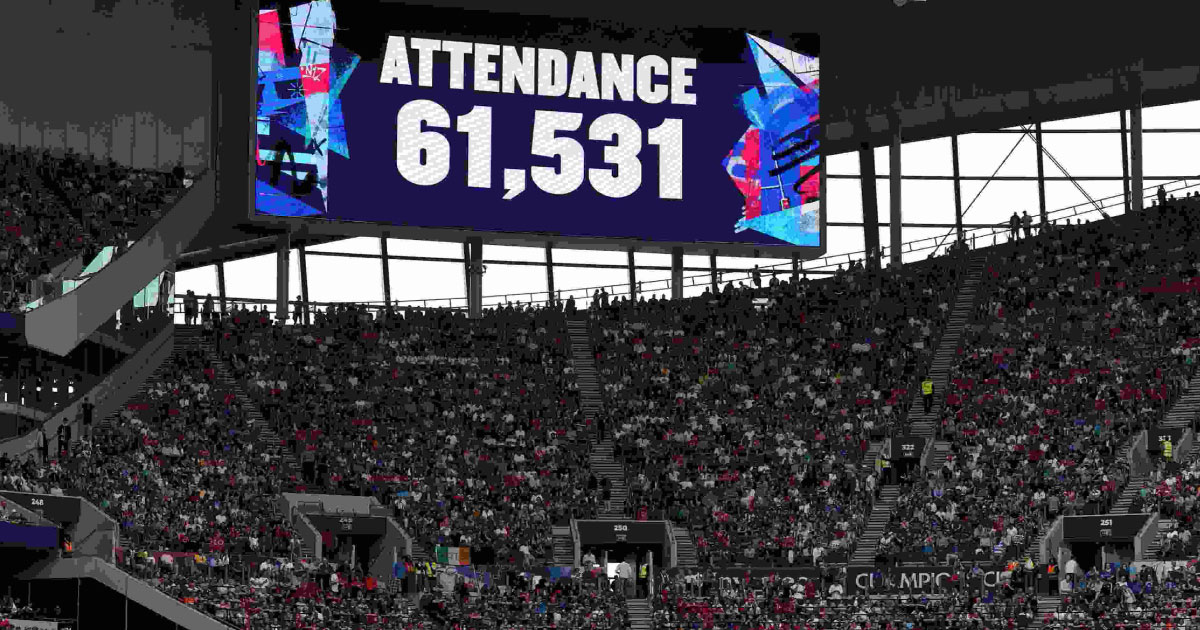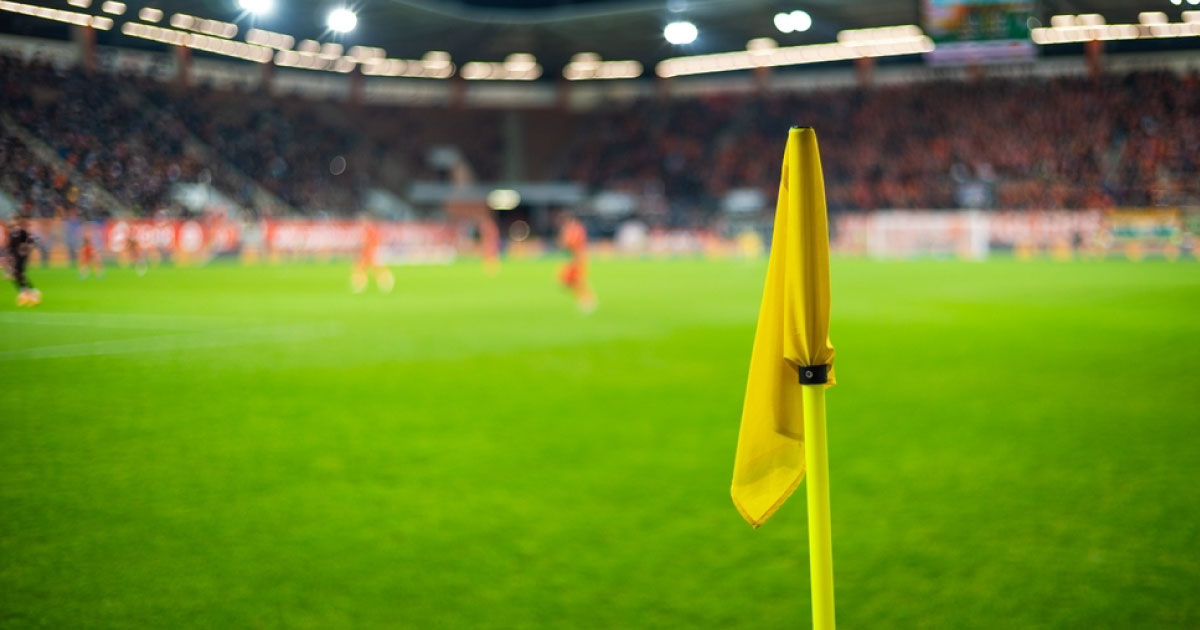The first with the format that features a single league table, with a total of 36 teams (4 more than those in the previous competition structure), in effect until last year.
The New Features
Compared to the previous format, the one that will be used starting this year involves a greater number of matches. The tournament will move from the six matches of the old group stage to eight, which will characterize the first phase. The clubs will continue to be divided into pots, and each team will draw two opponents from each pot. According to UEFA’s intentions, this should ensure more spectacle, with a higher number of big matches right from the start of the tournament. The top eight teams will advance directly to the Round of 16, while the teams that finish between 9th and 24th place will go to the playoffs. The seeds for the Round of 32 will be those clubs ranked between 9th and 16th place in the standings. The teams ranked between 25th and 36th place will be eliminated from the UEFA Champions League and all other European competitions, as the “relegation” to the Europa League has been abolished. A “tennis-style” bracket will then be formed, leading up to the final in Munich. Italy, having had the best UEFA ranking last season, benefited from a bonus spot and will therefore have five teams competing. These are Inter, Milan, Juventus, Bologna, and Atalanta.
The Teams Qualified and Surprises
Here are the teams currently confirmed to participate in the new Champions League, pending the return legs of the qualifying rounds. Tonight, the following matches will be played to assign the last available slots: Qarabag-Dinamo Zagreb, Red Star Belgrade-Bodø/Glimt, Slovan Bratislava-Midtjylland, and Slavia Prague-Lille. Last night, Young Boys, Salzburg, and Sparta Prague secured their places in the next phase, defeating Galatasaray, Dynamo Kyiv, and Malmö, respectively. Four teams have achieved remarkable feats by qualifying directly for this edition, which will begin in mid-September. These are Bologna, Brest, Aston Villa, and Girona. For Bologna, it’s a return to the top European competition after 60 years. For the French team, it will be their first time; Stade Brestois 29 (the full name) had never finished higher than eighth in the league (achieved in 1986/1987). The “Pirates” team, based in a small Breton city of just 140,000 inhabitants, played in Ligue 2 from 2013 to 2019. Aston Villa’s participation is also highly anticipated, as the Villains last appeared on the European stage in 1983 when they were eliminated by Juventus in the quarter-finals. In La Liga, Girona’s sporting miracle is noteworthy, as the team was playing in the Second Division just two years ago. They finished third, earning a spot in this year’s Champions League. However, Girona’s participation was only confirmed in early July when UEFA’s Club Financial Control Body (CFCB) gave a positive opinion after reviewing significant changes made by the club’s investors. The red-and-whites, who are part of the holding company that also owns Manchester City (City Football Group), were at risk of violating Article 5 of the regulations of Europe’s top football governing body. This rule is designed to regulate cases where two clubs, owned by the same entity, compete in the same competition. The issue was resolved thanks to a “blind trust” structure, through which the aforementioned investors transferred Girona’s shares to independent trustees. The entire process was carried out under the supervision of the CFCB’s First Chamber.
The List of Qualified Teams
- Italy: Inter, Juventus, Atalanta, Milan, Bologna*;
- Germany: Bayer Leverkusen, Bayern Munich, Stuttgart, Leipzig, Borussia Dortmund*;
- Spain: Real Madrid, Barcelona, Girona, Atlético Madrid;
- England: Manchester City, Arsenal, Liverpool, Aston Villa;
- France: PSG, Monaco, Brest;
- Netherlands: PSV Eindhoven, Feyenoord;
- Portugal: Sporting, Benfica;
- Belgium: Bruges;
- Scotland: Celtic;
- Ukraine: Shakhtar Donetsk;
- Austria: Sturm Graz, Red Bull Salzburg;
- Switzerland: Young Boys;
- Czech Republic: Sparta Prague;
The Revenues of the New Champions League
UEFA explained in a circular that the 36 teams mentioned above will share a total of around €2.5 billion (compared to the previous €2 billion). These funds are divided into three categories. 27.5% (€670 million) will be allocated as participation fees. This amounts to about €18.62 million for each club participating in the competition. A share of 37.5% (€914 million) will be distributed based on results, while the remaining 35% (€853 million) will be redistributed based on a calculation that considers the overall market value of the team in its home country and its ranking, related to recent results achieved in Europe. Each win will be worth about €2.1 million, while a draw will earn €700,000. There will also be the distribution of 666 shares, each worth about €275,000. The number of shares will increase based on the ranking position achieved: the team that tops the first phase will be entitled to 36 shares (€9.9 million). The last-placed team will receive just one share. After the first phase, the knockout stage will begin, and additional cash prizes will be awarded for each round passed. Here’s how the prize money is divided:
- Round of 16: €11 million
- Quarter-finals: €12.5 million
- Semi-finals: €15 million
- Finalist: €18.5 million
- Winner: €29 million (including the €4 million guaranteed by qualifying for the 2025-2026 UEFA Super Cup).
The 35% share of the prize money relates to the “value” component. This is a sum combining the club’s value in the domestic market and its results in Europe. It corresponds to the market pool and historical ranking, which were managed separately until last season. The total €853 million in value is distributed proportionally to the sale of audiovisual rights in European markets (the “European part”) and others (the so-called “extra-European part”). This distribution is based on the amounts agreed with the competition’s broadcasters. A ranking will be created to compare the various countries, linked to how much the different national televisions contribute to the overall increase in the media revenue of the Champions League. At that point, the ranking will involve individual teams. These will be compared based on their participation in the group stage of European competitions over the past five years (earning 3 points for each Champions League, 2 for each Europa League, and 1 for each Conference League). An additional ranking will then be drawn up concerning the UEFA ranking over the last five years, also considering the results obtained. A final average will then be calculated between the domestic television market ranking and the UEFA ranking. The “extra-European part” only considers the results of clubs in the last 10 editions of the UEFA Champions League.
The Situation of Italian Teams
According to reports from “Calcio e Finanza,” the Italian market for TV rights for the top European club competition (considering the 2024-2027 triennium) ranks fifth, behind France, England, Spain, and Germany. In light of this, the revenues of the Italian teams would be as follows, summing up all the previously mentioned factors:
- Inter: €50.92 million
- Juventus: €49.31 million
- Atalanta: €46.12 million
- Milan: €43.88 million
- Bologna: €36.19 million
The Sponsors of the Champions League
UEFA has confirmed the following sponsors for the 2024-2025 Champions League edition: Heineken, Lay’s, PlayStation, FedEx, MasterCard, crypto.com, Just Eat Takeaway.com, and PepsiCo. Among these, Heineken, PepsiCo, and MasterCard have renewed their sponsorship agreements with Europe’s top football governing body until 2027. PepsiCo is expected to have increased its contribution by 20%, attracted by the new competition structure. The figures for the new deal with another long-time partner (MasterCard) are not yet known, but according to rumors, the previous contract was worth around €170 million. A new addition is crypto.com, announced by UEFA in recent weeks. This is the first sponsor from this sector in the competition’s history. Crypto.com has become one of the most globally recognized brands, with over 100 million users, thanks to strategic partnerships. Among these, it’s worth mentioning the Crypto.com Arena in Los Angeles, Formula 1, UFC, and more. In short, the new Champions League format is proving to be an excellent showcase for attracting new sponsors. Now, the final word goes to the pitch, with the first matchday scheduled for September 17th.
Tomorrow at 6:00 PM, the curtain will rise on the new Champions League.
The first with the format that features a single league table, with a total of 36 teams (4 more than those in the previous competition structure), in effect until last year. The New Features Compared to the previous format, the one that will be used starting this year involves a greater number of matches. The tournament will move from the six matches of the old group stage to eight, which will characterize the first phase. The clubs will continue to be divided
MLS & Continental Tire launch 11th annual Kick Childhood Cancer campaign
This September, Major League Soccer and Continental Tire are teaming up during Childhood Cancer Awareness month for the 11th annual “Kick Childhood Cancer” (KCC) campaign to raise awareness and funds for pediatric cancer research and treatment. Throughout the month, Continental Tire has committed to donating $50,000 to fund pediatric cancer research. Fans are encouraged to support the campaign by sharing a message of hope for children and families in the fight against cancer using #KickChildhoodCancer. The Kick Childhood Cancer campaign will benefit
Cristiano Ronaldo has launched a YouTube channel
Cristiano Ronaldo, the most followed person on social media (917 million followers across various platforms) and considered by many as one of the greatest footballers of all time, is about to launch his YouTube channel. The channel, called “UR Cristiano,” features the 39-year-old, who currently captains both Al Nassr in Saudi Arabia and the Portuguese national team, discussing his “greatest passion” (football), according to the announcement, as well as his “other interests, including family, wellness, nutrition, preparation, recovery, education, and business.”
In Sweden, teams will play for a month wearing historic jerseys.
The Swedish championship is celebrating its 100th anniversary this season. The Initiative To honor this milestone, the Allsvenskan (the league's name) has decided that one month of the competition will be played with each club's historic jerseys. This is to give a retro flavor to all the matches. It is the first competition to implement such an idea. https://twitter.com/gentle_wong/status/1824095116245827904? Ongoing Research Teams have delved into their archives to find historic jerseys and reproduce them faithfully. This occasion is a great opportunity to strengthen the clubs' legacy with
Save the Children will be the “sponsor” for Juventus’ first match of the season
The Bianconeri team has launched a new initiative in collaboration with Save the Children. Juventus renews its commitment to solidarity by strengthening its partnership with Save the Children, one of the leading international organizations for the protection of children's rights. This collaboration is marked by the launch of a special jersey, which will be worn by the players during the first Serie A match. In addition to the men’s team, the kit will also be used by the women’s first team and will
Bank of America is the first official sponsor of the 2026 World Cup
The American banking institution becomes a sponsor for the biggest international football event, which will be held across the United States, Canada, and Mexico. Bank of America has announced its new partnership as the official sponsor of the 2026 World Cup. The partnership marks another significant step forward in the presence of major financial institutions in the world of sports. The competition, which will take place in North America, will involve three nations: the United States, Canada, and Mexico. This will be the second
The evolution of football jersey marketing: from sportswear to fashion icon
In recent years, the marketing related to football team jerseys has gained increasing importance, becoming a true cultural phenomenon. It is no longer just a simple piece of clothing but a symbol of belonging and identity for millions of fans around the world. Today, the design of jerseys is meticulously crafted, with colors, logos, and graphics that tell the story and values of the club, strengthening the emotional bond with the fans. Football teams are increasingly collaborating with fashion brands and internationally renowned designers to create
The economic impact of the 2034 World Cup on Saudi Arabia
The Middle Eastern country is already working to host the event. Two years after Qatar hosted the most expensive FIFA World Cup ever, Saudi Arabia has unveiled its plans for the 2034 event. In many ways, the tournament represents the pinnacle of the country’s ongoing westernization process. Investments in Recent Years Three years ago, the country’s powerful sovereign wealth fund purchased Newcastle United, a Premier League club. Cristiano Ronaldo, one of the biggest names in sports, joined the local club Al Nassr for
What economic impact does the Tottenham Hotspur Stadium have on the city of London?
The new Spurs facility generates an economic impact of €652.8 million, hosting around 50 events per year. The Tottenham Hotspur Stadium is demonstrating its full capacity to be multifunctional. In addition to football matches and numerous concerts, it has already hosted National Football League (NFL) games, rugby, and boxing matches. 50 Events Per Year It is expected that up to 50 events can be held in a single calendar year. "The increase in the importance of Tottenham Hotspur leads to an increase in the
Liverpool is using AI to improve on corner kicks.
Liverpool has chosen one of the most advanced technologies to improve its performance. Liverpool Football Club is harnessing the power of artificial intelligence (AI) to revolutionize its approach to corner kicks. By integrating advanced technologies into their preparation and game strategies, they aim to gain a competitive edge in the Premier League. AI Integration in Training Liverpool's technical staff has adopted AI to analyze a vast amount of data from past matches. This technology examines player positioning, opponent tendencies, and the effectiveness of various



